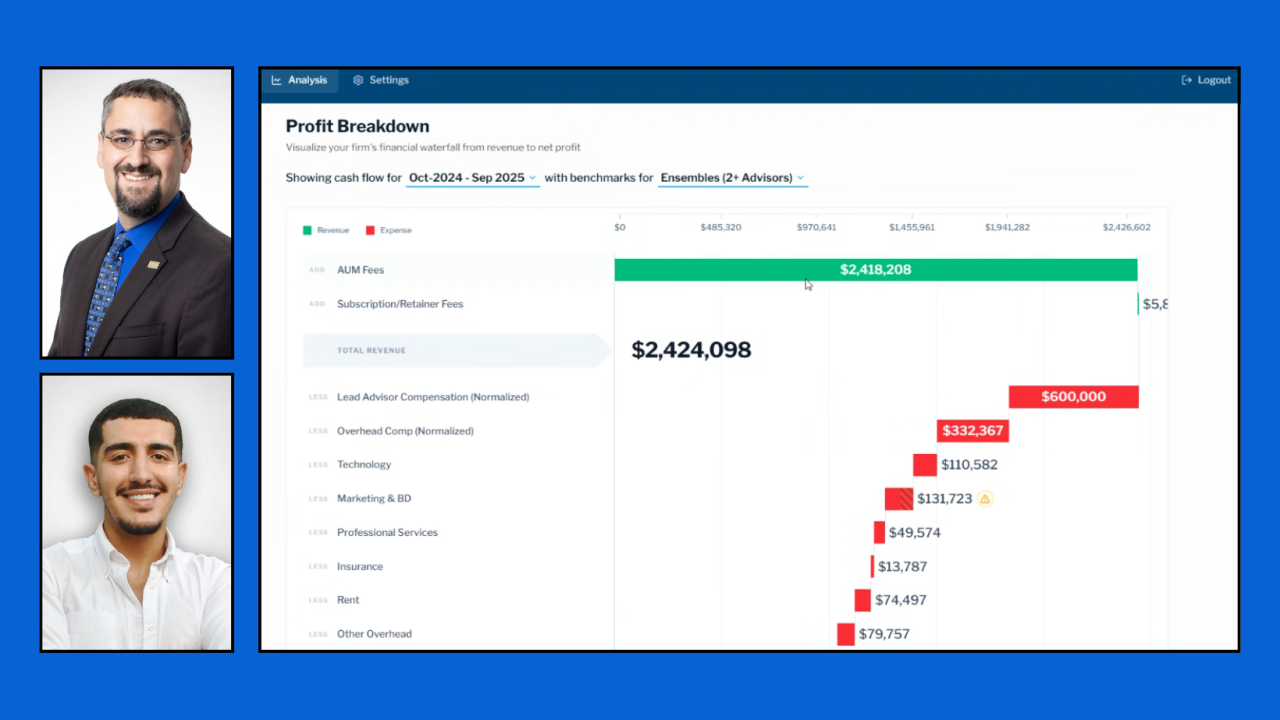NEW YORK - What do the latest fashions, ethnic foods, children's toys, exotic cruises or best-selling books have to do with mutual funds?
Absolutely nothing. But that is not stopping the Quant Funds of Lincoln, Mass. from placing banner advertisements on web sites selling these and other consumer products and services.
Many mutual fund companies may one day find solid leads from a variety of unlikely, non-financial sources, and Quant Funds hopes to be one of the first fund companies to do so through a reciprocal website advertising program, said Heather Dondis, Quant's director of marketing.
In January, Quant began testing reciprocal advertising whereby Quant places banner advertisements on non-financial websites. In exchange for that space, Quant will give any website that leads to a "hit" on Quant's website a similar banner ad, promoting that other website's products, Dondis said.
If the "hit" results in a share purchase, Quant will give 15 basis points of its management fee to its website advertising partner, Dondis said. Quant will continue to share its fees with the sponsor of the website that provided the investor lead, and will share 10 basis points of the management fee for any additional fund purchases, Dondis said.
Because the advertisements are bartered and Quant does not view sharing 15 basis points of new management fees as a cost, the reciprocal advertising program does not actually "cost" Quant anything, Dondis said.
Quant, with $245 million of assets under management, has had "moderate" success with the reciprocal ads, Dondis said. Thirty non-financial web sites have signed up for Quant's new approach to web advertising, she said. One of them is a sports drink manufacturer whose website is Quicdisc.com. Dondis declined to specify the firm's growth in assets since launching the advertising program in January, however.
As more companies join the advertising program, Quant expects to attract a substantial amount of new assets, Dondis said. But that will take some time, she said.
For the time being, Quant is satisfied to stand out from other funds, she said. This is Quant's first advertising campaign of any kind.
Some marketing and advertising executives might think investments and consumer products make a strange combination, Dondis said. Quant is the only mutual fund company so far to be doing such reciprocal advertising, she said.
However, a handful of mutual fund companies have branched out to offer consumers more than funds, Dondis said. Fidelity has made it possible for its investors to use their mutual fund holdings as a partial down payment on homes. Like many other fund companies, it also offers a no-fee major credit card to its investors. X.com has paired up with an online auction house to provide payments services for purchases from the auction house.
Mutual fund companies will continue to branch out into different areas and, eventually, many leading fund companies will offer much more than financial services products, Dondis said. So, it is not so far-fetched to run a mutual fund ad on a consumer website, she said.
"We were able to take this leap of faith because we are confident that offering funds along with clothes, household goods or any other type of consumer product will not be so unusual in the future," Dondis said.
Besides enabling Quant Funds to advertise without spending any advertising dollars, the reciprocal ads have another benefit, Dondis said. They give Quant the ability to easily track the source of new investors, she said.
By the end of this month, Quant, in a further development of its online presence, will introduce an online application that will enable investors to open a Quant account online, without any signatures or paperwork, Dondis said.
Eventually, Quant Funds hopes to expand its standard mutual fund application to ask investors questions about their non-financial interests so that Quant will be able to market various funds and services to specific consumer segments, Dondis said. Being able to glean customers from selected websites and to ask new customers questions about themselves in online application forms makes the Internet the best tool available to do target marketing, Dondis said.





